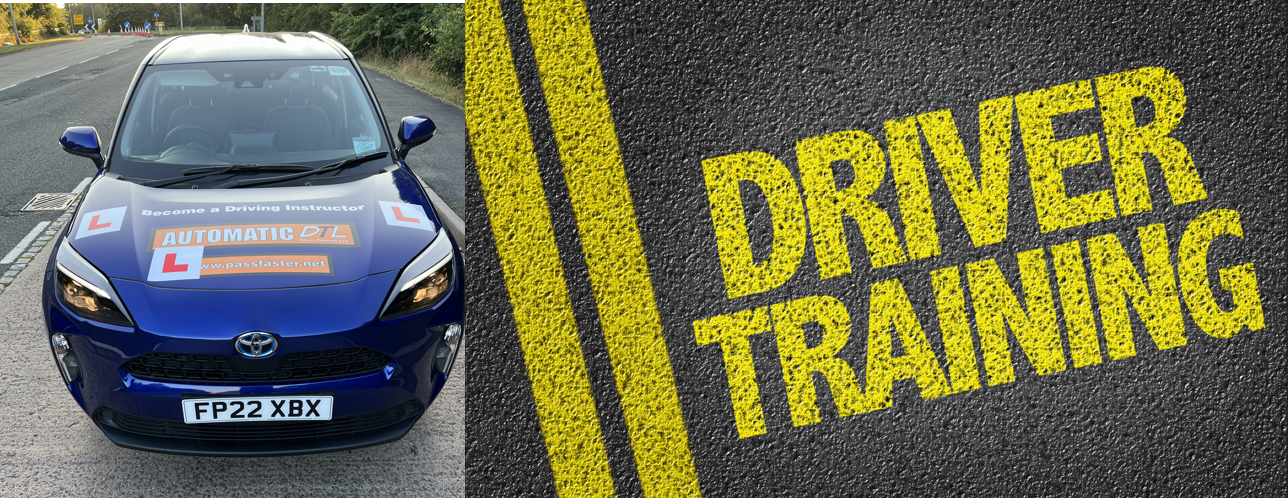Student Success Stories

The lessons finally made the theory click — everything felt simple and clear for the first time.
I’d struggled for ages with apps, but this training broke everything down properly.
The examples were practical and easy to remember.
I could see my understanding improving with every session.
It genuinely changed the way I learn — and my confidence shot up

“I went into the test feeling confident, not nervous, thanks to the step-by-step guidance.
Every topic was explained calmly and at a pace that suited me.
I always knew what I needed to work on and how to improve.
The mock questions helped me feel prepared and in control.
On the day, nothing felt like a surprise — it was exactly what I’d practised.”

“I passed first time because the training showed me exactly what to focus on and how to practise properly.
There was no wasted time — everything had a purpose.
Every question type was explained in a way I could actually understand.
The structured approach kept me motivated all the way through.
By test day, I knew I was ready — and it paid off.”
About Us
Driver Training Ltd have been teaching people to drive, ride and become driving instructors for 20 years
- 0800 1 777 149
- drivertrainingoffice@gmail.com
- Telford Shropshire UK
Recent news
- All Post
- ADI part 1
- ADI Part 2 Training
- ADI Part 3 Training
- Driving lessons and Intensive Driving Courses
- Driving Theory Test Help ADvice and Training
- Hazard Perception Training
- Latest News
- LGV Theory Test
- Motorcycle Theory Test
- PCV Theory Test
Copyright ©️ 2025 Driver Training Theory Test. All Rights Reserved
